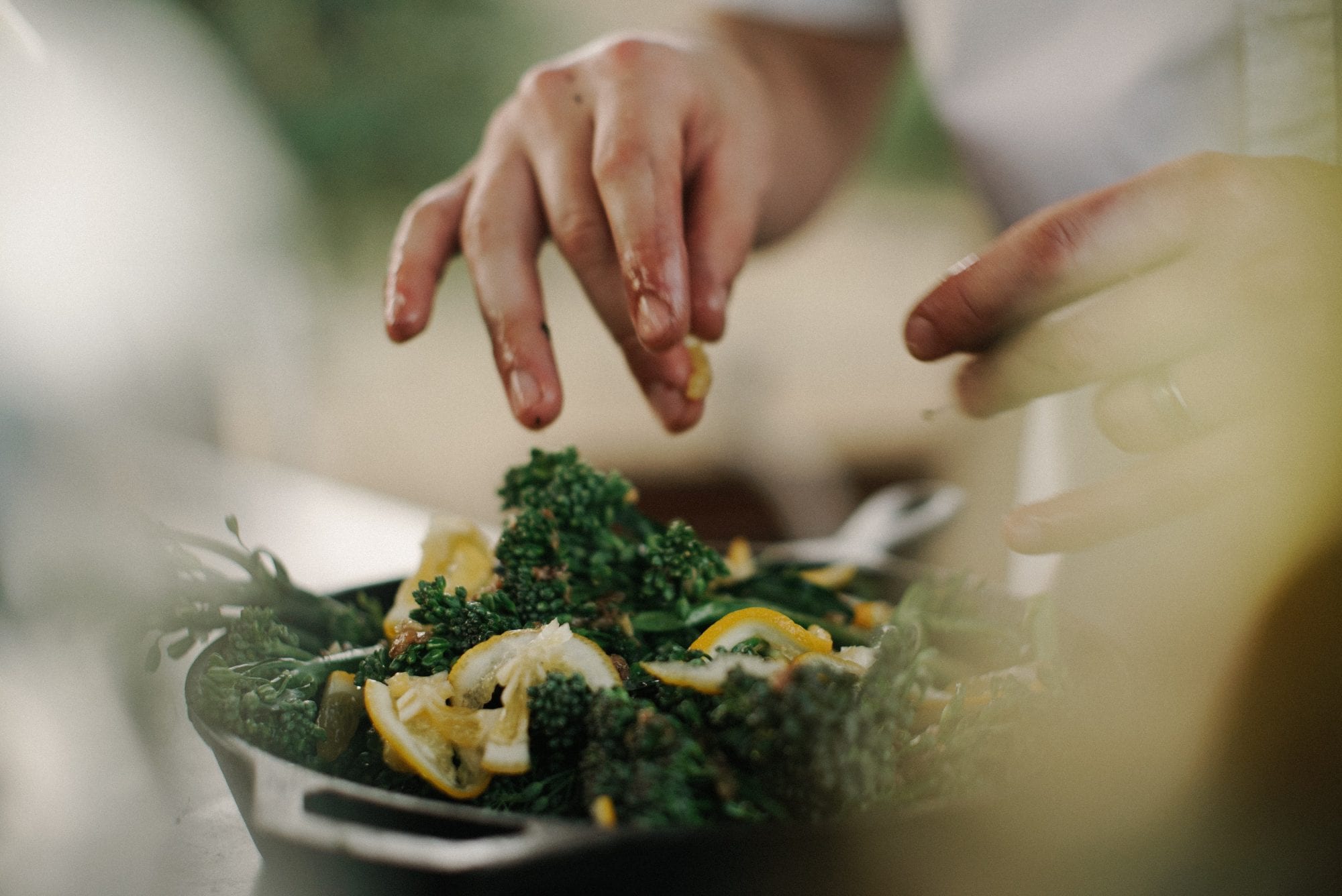
Our new found love of cooking is evolving
One huge change over the past 12 months has been that we’ve become a nation of cooks. Prior to 2020, we’d be happy to eat out or get takeaways several times a week, but this has changed dramatically with far more people cooking from scratch and it doesn’t look like we’re about to revert to old habits any time soon. However, it’s not just the pandemic that’s changed our ways – TV shows such as MasterChef were already having a sizeable impact on what we cooked and how, and they continue to do so.
Cooking from scratch
According to Tesco, the average person cooked between four and six meals per week prior to the first lockdown. Now they cook four times that many.
And this stat is supported by research from Marketing England which shows more than half of us are doing more cooking from scratch. As a nation this seems to be making us healthier, as the same research reveals that 50% are now more health conscious, while more than three-quarters of us started buying more fresh produce.
Data analytics group Kantar, meanwhile, says that if the current trend continues, we’ll be eating five fruit and veg a day by 2025.
It all points to a society that is falling ever more in love with the kitchen and enjoys creating yummy meals using fresh produce.
TV influence
Change was already afoot long before 2020, as cooking shows on TV were already altering our cooking culture in the home.
According to Daksha Mistry, who came second in the 2006 series of BBC MasterChef, the British kitchen is a far different place to the one before the show first aired. She says the nation’s home cooks have become inspired by different ways of cooking, and are now buying a much wider range of ingredients to prepare more imaginative dishes.
Lots more cookery shows were to follow, including the hugely popular Great British Bake Off, and Daksha says these programmes have also broadened the equipment we use in the kitchen. People now want all the equipment they see on TV, from MasterChef pans to ice cream machines and pasta makers.
Children are also inspired by these programmes, with many displaying a far greater knowledge than previous generations about food and what different ingredients are capable of. They’re also more eager than ever to don an apron and get creative in the kitchen themselves.
It appears the days of Britain having an international reputation for bad food are now long gone. In recent years we’ve taken a far greater interest in using top quality ingredients to produce ever more inventive meals at home. And this can only be a good thing for creating a healthier nation.


